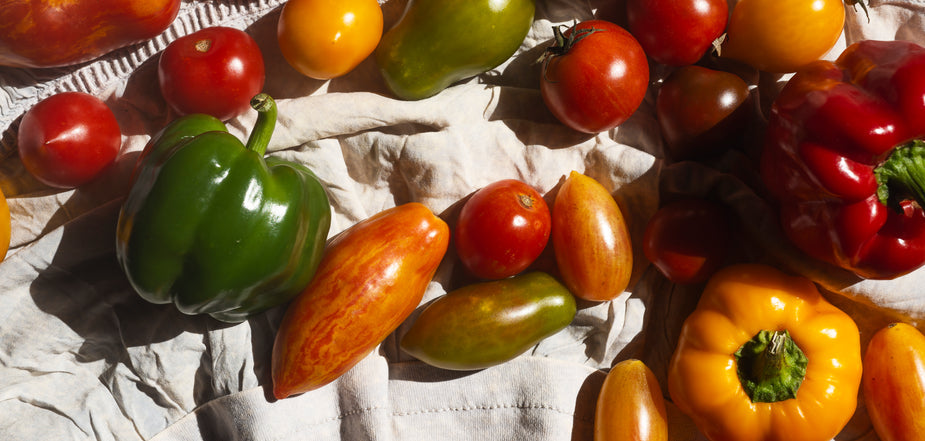
Spring into Action: A Guide to Preparing Your Garden for Planting Season
Spring is a time of renewal, and for gardeners, it's an exciting time to start preparing for the upcoming growing season. With the snow melting away and the temperatures starting to rise, it's time to start thinking about getting your garden ready for planting. Here are some tips on how to prepare your garden for spring planting:
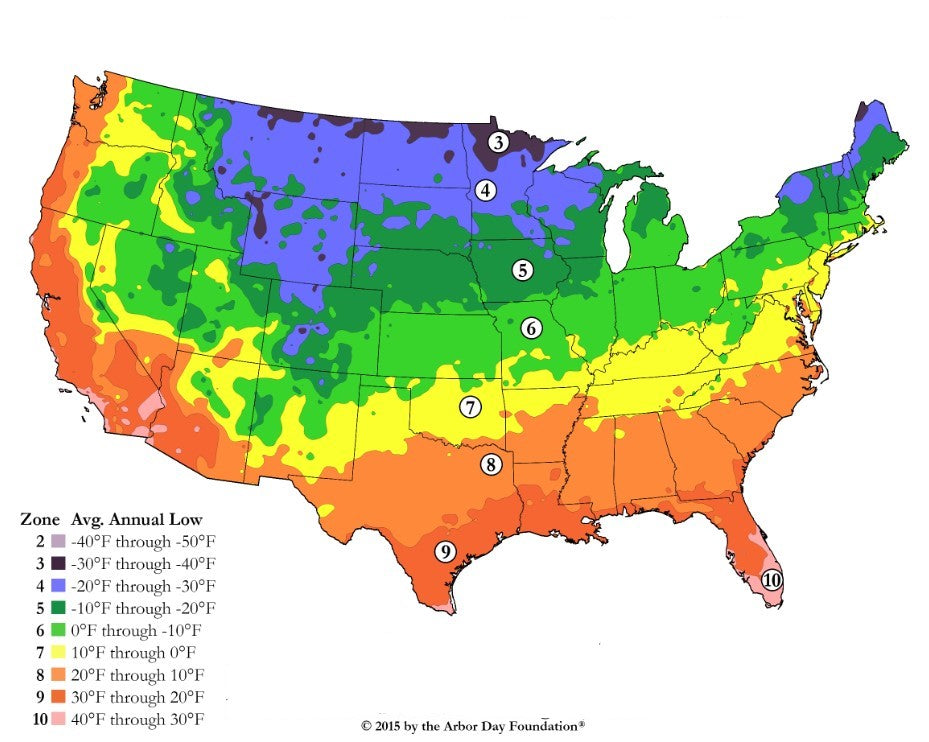
Tools and Clean Up: Start by removing any debris or dead plants from your garden beds. This will help prevent pests and diseases from taking hold and will make space for new growth.
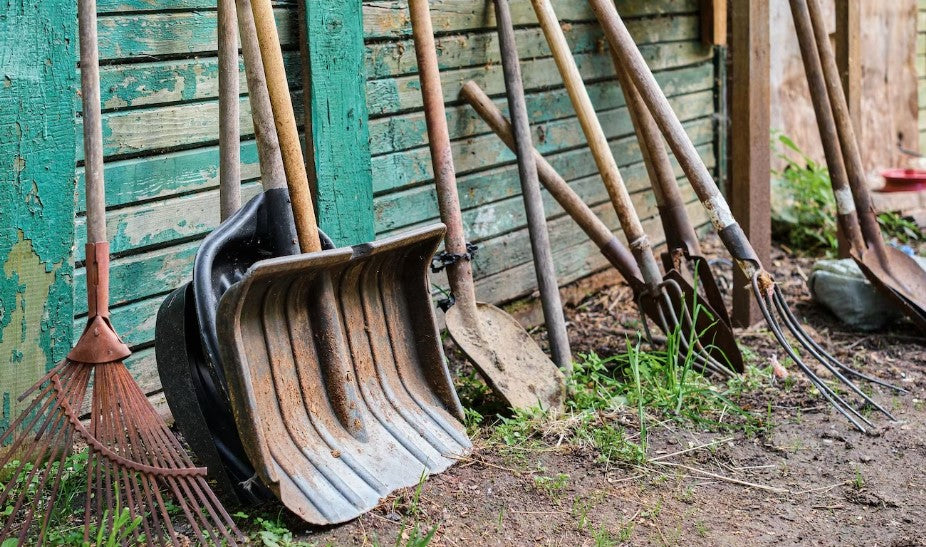
The effectiveness of your gardening tools is directly linked to their maintenance. Even if you gave them a thorough cleaning before storing them for the winter, it may not have been enough to remove all bacteria or fungal spores that accumulated on them from dirt and debris. To eliminate any potential threats to your soil's health, consider soaking your tools in a solution of 10% bleach and 90% water for around 30 minutes.
Soil Preparation: Work on improving the soil in your garden beds by adding organic matter like compost, manure or leaf mold. You can also test the soil pH to ensure it is at an optimal level for your plants.
Prune and Trim: Prune any shrubs or trees that need shaping or have dead or damaged branches. This will help promote healthy growth and flowering.
Additionally, it's essential to have your pruners sharpened, as this will aid in quick healing of plants after being cut. Maintaining your pruners is crucial for their longevity and optimal performance. Sharpening the blades of your pruners regularly will help them cut through stems and branches more efficiently. You can use a sharpening stone or file to sharpen the blades. To prevent rust and keep the blades moving smoothly, apply a thin layer of oil to the blades after sharpening them. After cleaning, sharpening, and oiling your pruners, store them in a dry place, such as a toolbox or shed. This will help prevent rust and damage to the blades.
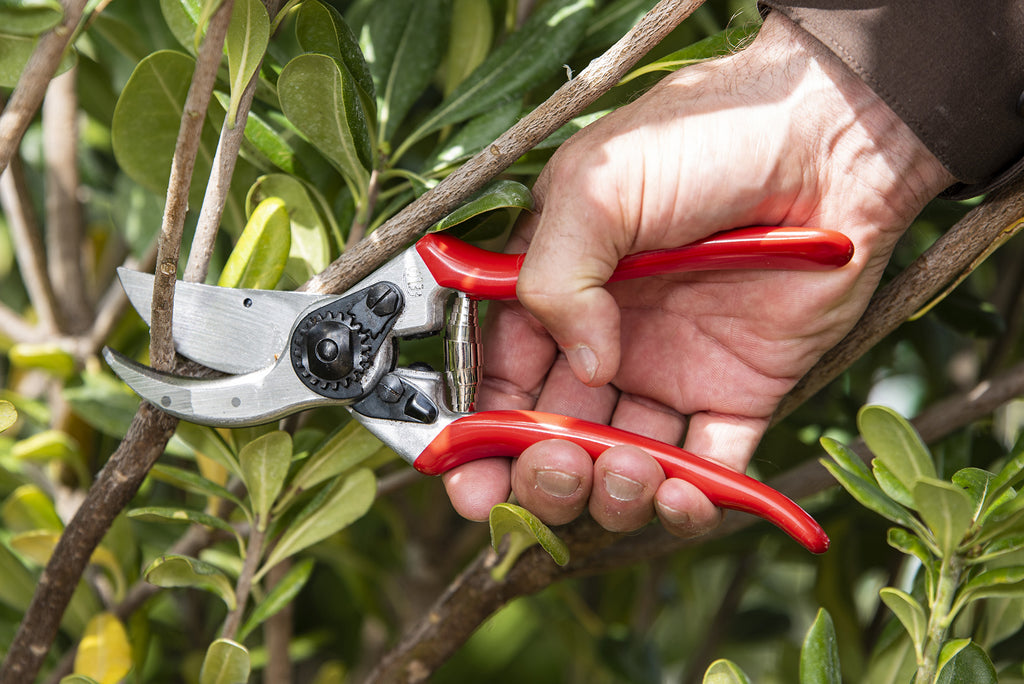
Mulch: Apply a layer of mulch to your garden beds. Mulch helps retain moisture, suppress weeds and regulate soil temperature.

Plan Your Planting: Determine what plants you want to grow and where they will go in your garden. Take into account the amount of sunlight, spacing, and water requirements.
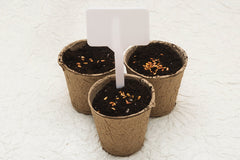
Start Seeds Indoors: If you plan to grow vegetables from seed, start them indoors a few weeks before the last frost date in your area. This will give them a head start and improve your chances of a successful harvest
By following these essential steps, you can prepare your garden for planting season and set the stage for a beautiful and productive growing season. Happy gardening!

Leave a comment